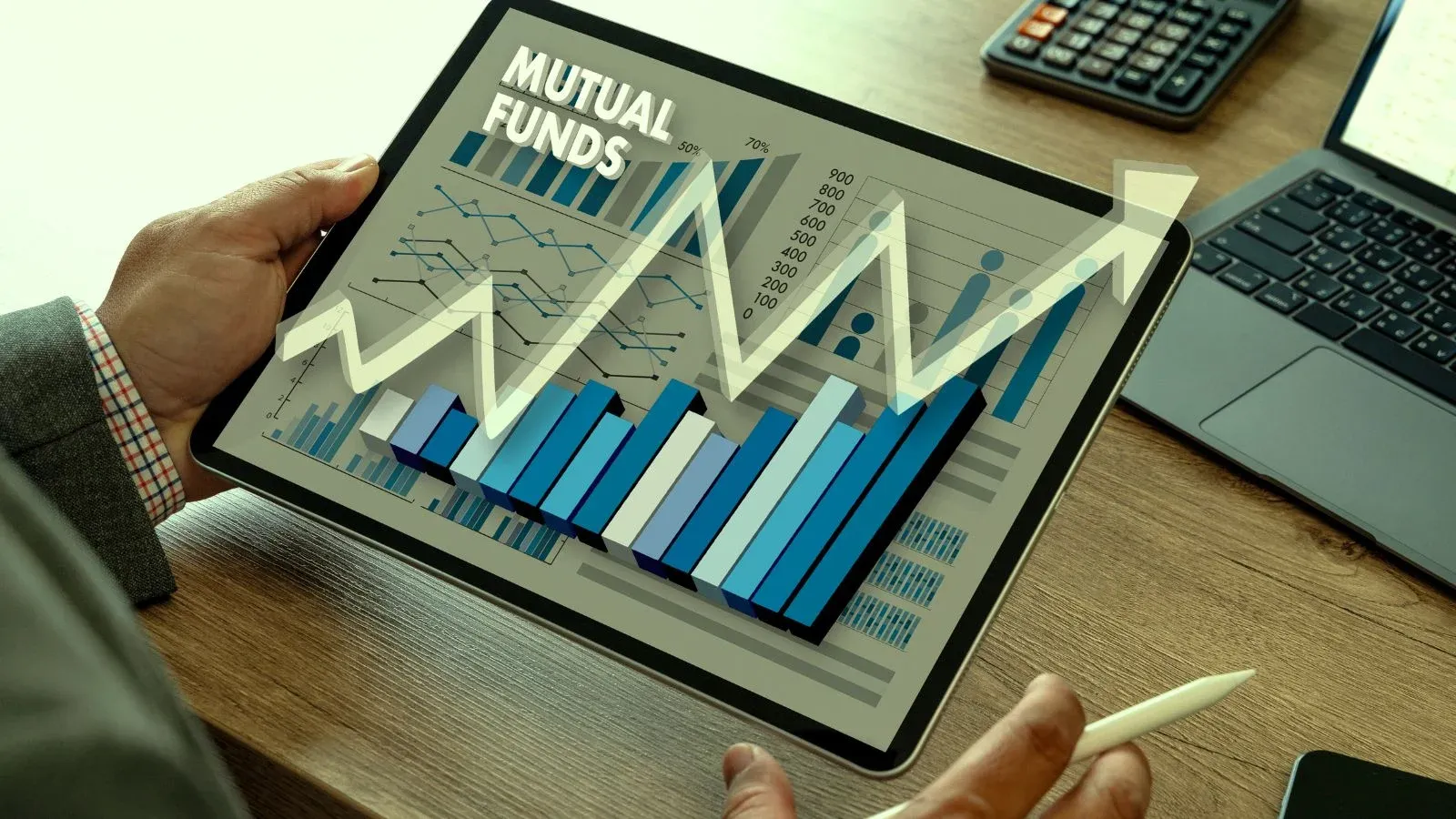How Global Market Trends Affect Your Mutual Fund Returns
Written by Mariyam Sara
Published on November 25, 2025 | 2 min read

Like all investments, mutual fund investments are significantly impacted by global trends, as their effects trickle down from the global level to the markets of individual countries. For example, during the pandemic in 2019, the global market was experiencing an international economic crisis and every country suffered.
In a mutual fund, the money is pooled from different investors and invested in various asset classes such as stocks, bonds, and other securities. Hence, the mutual fund investments reflect the market’s performance, which is largely impacted by global events.
Global Economic Events and How They Affect Mutual Funds
Here are some examples of global economic events that affect the international economy, including political, financial, and health crises.
Global Recession
Global recession leads to high inflation, reduced exports, a decrease in corporate earnings, resulting in a fall in equity markets. Equity markets tend to suffer the most during global economic downturns.
Changes in Interest Rates
Whenever the U.S central bank increases interest rates, foreign investors exit emerging markets such as India to take advantage of increased rates in the U.S economy. This leads to a capital outflow from mutual funds and negatively impacts both equity and debt markets.
Trade Wars
The recent US-China trade war where the U.S hiked the tariffs on China goods to 145%, which China countered by increasing U.S imports to 125%. This caused global supply disruptions, increasing imports, which are passed on to consumers, causing inflation. This impacts MNCs belonging to sectors such as IT and manufacturing.
Currency Fluctuations
Global trade is executed in U.S. dollars, so if the rupee weakens against the dollar, it will increase import-related sectors' costs while export-related sectors like IT and manufacturing will benefit. Mutual funds that invest in foreign securities will generate higher returns due to favorable currency fluctuations.
Global Health Crises
Global health crises like the recent COVID-19 pandemic negatively impact all markets, creating panic among investors as multiple asset classes fall in value. During such events, the mutual fund unit’s NAV falls sharply but bounces back after a while.
Surges in Oil and Commodities Prices
India is one of the biggest importers of crude oil, a surge in global oil prices will lead to inflation and impact oil-related sectors, causing their stock prices to fall.
How Economic Recessions and Uncertainty Impact Mutual Fund Performance
Global recessions and economic downturns create a domino effect where there’s a decline in business activities, high inflation and lowered purchasing power worldwide. Such events have a considerable impact on global equity markets, thereby on the performance of mutual fund investments.
Let’s understand the impact of economic slowdowns and recessions on different Mutual Fund categories.
Equity Mutual Funds
Equity markets are hit the hardest, lowering a company’s earnings and causing your equity fund to experience a short-term slump.
Debt Mutual Funds
During economic uncertainty, central banks around the world decrease interest rates to stimulate growth and pump money into the economy. This benefits the bond markets as previous bonds will have higher interest rates, resulting in higher returns.
Hybrid Mutual Funds
Hybrid funds invest in both debt instruments and equity as per the predetermined asset allocation strategy. Debt funds may remain stable with efficient asset allocation.
Regardless of the type of fund you invest in, continue your SIPs and avoid panic-selling your MF units. This will help you benefit in the long term when the markets recover, growing your investments.
How to Protect Your Mutual Fund Portfolio During Economic Uncertainty
Here’s how you can protect your mutual fund investments against economic slowdowns and uncertainty.
Global events are a significant factor that affects your mutual fund investment and knowing how to respond to them can help you preserve your investment even during a recession. Understand how different funds work and the factors that influence them and diversify your portfolio as needed to achieve your financial goals.
About Author
Mariyam Sara
Sub-Editor
holds an MBA in Finance and is a true Finance Fanatic. She writes extensively on all things finance whether it’s stock trading, personal finance, or insurance, chances are she’s covered it. When she’s not writing, she’s busy pursuing NISM certifications, experimenting with new baking recipes.
Read more from MariyamUpstox is a leading Indian financial services company that offers online trading and investment services in stocks, commodities, currencies, mutual funds, and more. Founded in 2009 and headquartered in Mumbai, Upstox is backed by prominent investors including Ratan Tata, Tiger Global, and Kalaari Capital. It operates under RKSV Securities and is registered with SEBI, NSE, BSE, and other regulatory bodies, ensuring secure and compliant trading experiences.

























